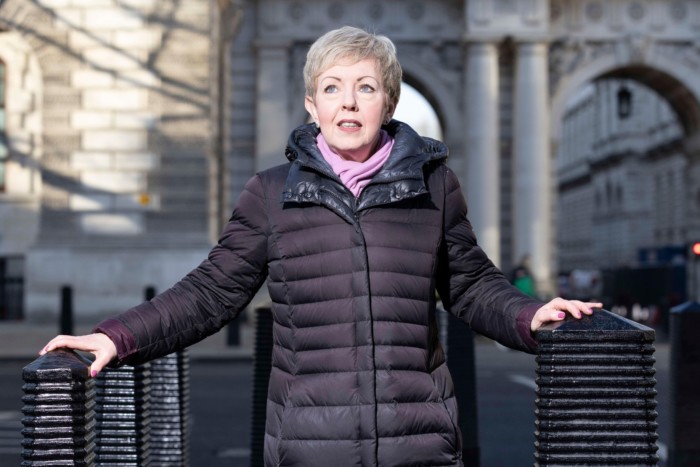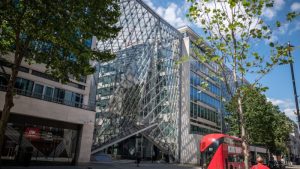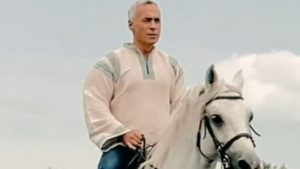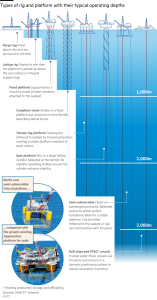UK news coverage at risk of ‘fracturing irreparably’ within 10 years, peers warn

Stay informed with free updates
Simply sign up to the Media myFT Digest — delivered directly to your inbox.
UK news coverage is at risk of “fracturing irreparably” within 10 years because of the divide between quality, paid journalism and more Britons relying on “dubious online sources”, a House of Lords committee has warned.
In a report into the future of news, peers said the implications for society and democracy were “grim”, with the worsening economics of mass market journalism exacerbated by the rise of tech companies ripping off work.
“There is a realistic possibility of the UK’s news environment fracturing irreparably along social, regional and economic lines within the next 5—10 years,” the House of Lords communications and digital committee said on Monday, as it called on the government to take steps to avert a “‘two-tier’ media environment”.
The report highlighted the growing emergence of “news deserts”, where local newspapers had folded and funding pressures had led to cutbacks in BBC radio and television provision.
Local news lost 70 per cent of its advertising income between 2010-2020, the peers found.
As part of a push to deter users from “embracing dubious online sources”, they recommended that ministers looked at introducing tax breaks for local media groups that hired reporters and for journalist training schemes.
Part of the challenge facing traditional media outlets is that some large US tech giants are already using generative artificial intelligence to scrape news sources to provide summaries, further hitting revenue and prominence.
These summaries, the report said, gave tech groups “unprecedented influence over the type of news we see”.
The government is to consult on new plans to ask content creators to “opt out” of having their work used by AI, causing concern in the creative industries over whether this would provide sufficient protection for their copyright.

The committee said ministers must update legislation to ensure news providers had proper copyright protections and “empower them to strike mutually beneficial deals with AI firms”.
It also called for the Competition and Markets Authority, the antitrust watchdog, to investigate allegations of Big Tech companies exploiting their dominant position to obtain AI training data.
Media regulator Ofcom’s rules on media plurality should be updated to take account of AI companies’ growing influence in creating news through generative AI summaries, the peers added.
Baroness Tina Stowell, committee chair, said: “We need decisive action from the government, and soon, to put the right legal and competition framework in place. This is key to ensuring that the news industry can adapt and thrive.”
Owen Meredith, chief executive of the News Media Association, a trade body, welcomed the report’s acknowledgment of the “huge importance of copyright and IP to the creative sectors . . . and the warning against adopting a flawed and unenforceable opt-out regime for the use of publisher content”.
The Lords committee has made its recommendations to the government, which has two months to respond.
#news #coverage #risk #fracturing #irreparably #years #peers #warn






